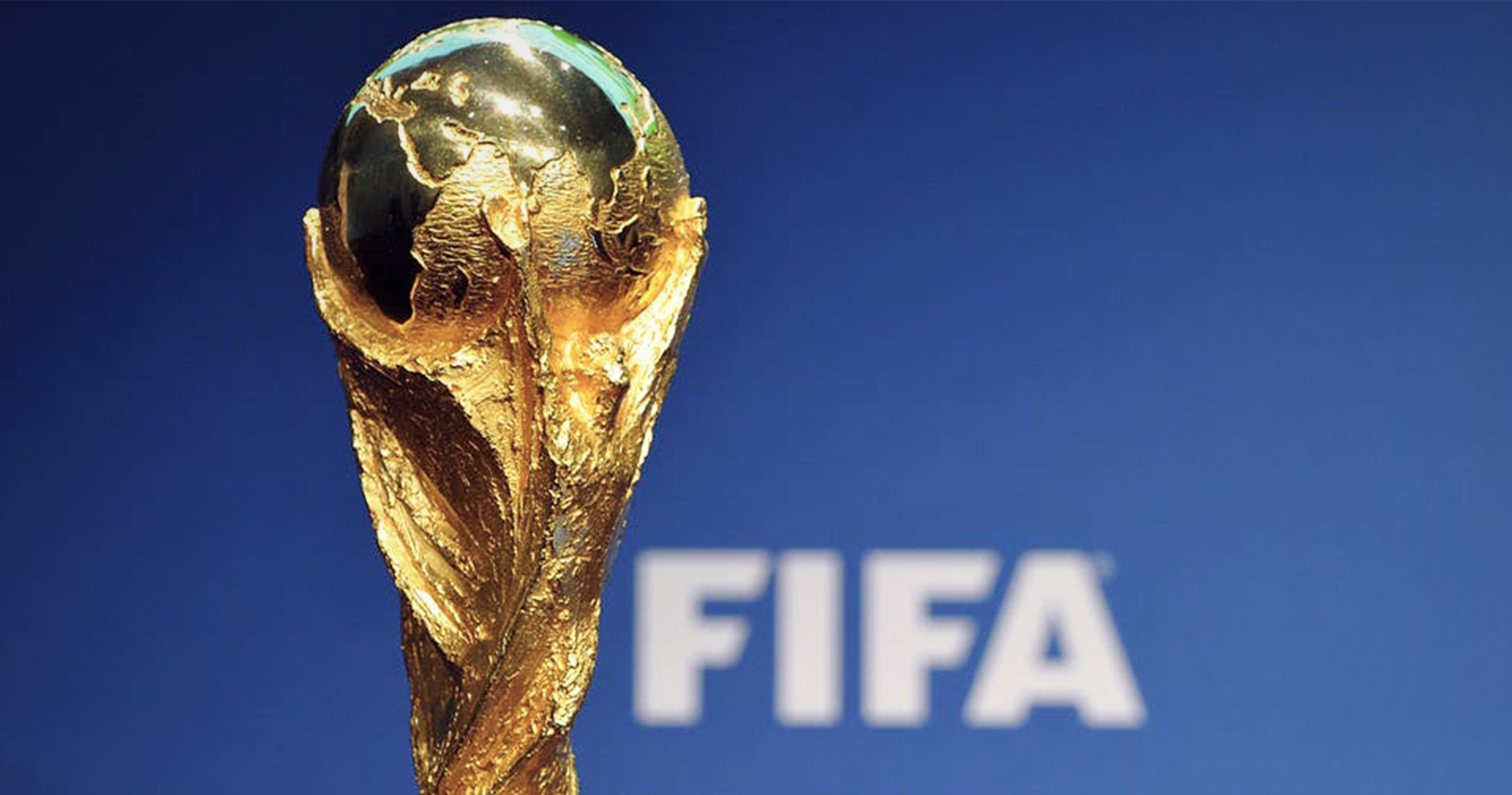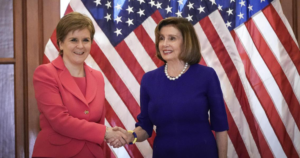Ross Newton works for the think tank Our Scottish Future on creating a positive case for devolution and co-operation within the UK.
The World Cup: a tournament that creates sporting immortality, unites nations and rekindles ancestral rivalries.
A tournament that retains its unique mythological status despite the glitz and glamour of the Champions League.
A tournament that the UK and Ireland should host in 2030.
From the UK government’s perspective, it would be an opportunity to reaffirm the deep cultural bonds that exist across the UK and by partnering with Ireland, a chance to showcase Global Britain whilst defrosting our relationship with our European neighbours. It would also show the UK delivering for Scotland, much more than any technocratic policy announcement ever could.
The Scottish government and SFA would be able to tie any bid to the redevelopment of Hampden, ensuring another tangible sporting legacy after Scotland inevitably wins the 2030 World Cup. With the feel good factor currently surrounding the national team and the sense Scotland has our best team in a generation, now would be an opportune moment to capitalise on the positivity.
However, a UK/Ireland bid would not be without difficulty. Fan disorder at the Euros has already marred Wembley’s reputation as a safe, secure venue for major events and the government’s own report into the chaos was searing. Speculation is also rife that while FIFA prefers a multi-nation bid, UEFA only wants one from Europe and are already favouring a joint Spain/Portugal bid. Julian Knight of the Digital, Culture, Media and Sport committee has also branded a potential UK/Ireland bid “utter nonsense”.
Meanwhile, Rishi Sunak announced an additional £11m in his autumn budget for a “feasibility study” into a bid. This should be seen as the beginning of a serious attempt at hosting the World Cup. The UK and Ireland have a unique footballing legacy, capable infrastructure and the experience of hosting major events. It would also provide economic benefits. A report commissioned by UK Sport and the City of London Corporation says that by hosting sporting events over the next decade, including the 2030 World Cup, the “economy could receive soft power, trade and investment benefits of up to £4 billion.” However, the benefits would go far beyond money. Sport has a unique ability to captivate, inspire and bring people together. In the same way the last Labour government won the Olympics, current governments should be looking to the future and securing major sporting competitions for future generations to enjoy.
Rishi Sunak’s £11m is a start. But it is now time for the government’s and footballing associations of the home nations and Ireland to begin serious, substantive discussions about hosting the World Cup and engaging in the levels of cooperation required to make the dream a reality.






